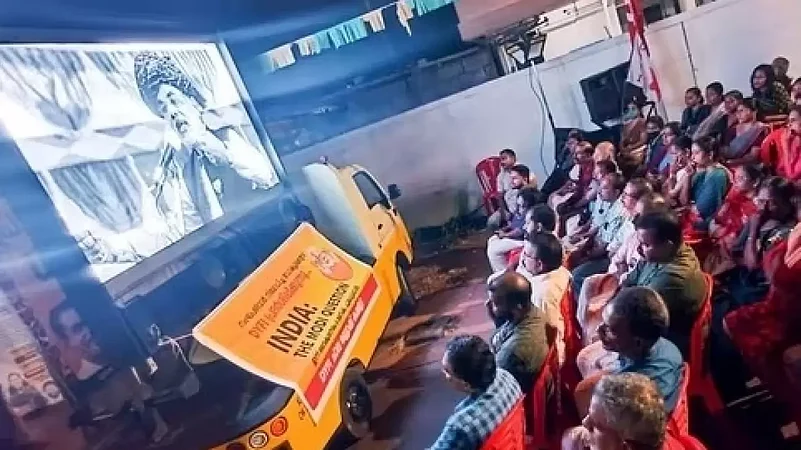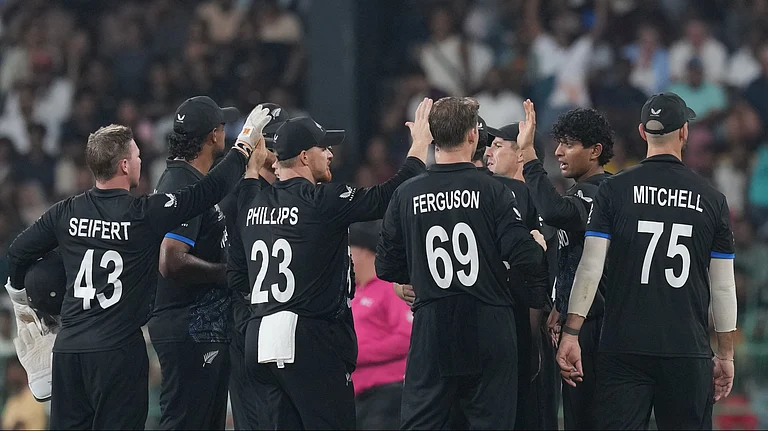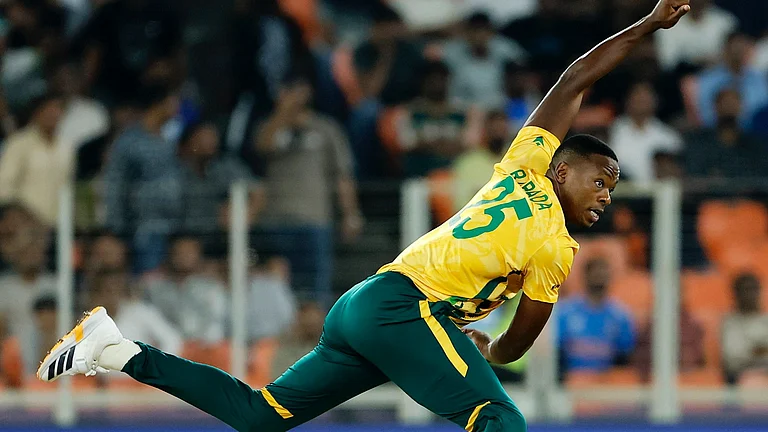The Supreme Court is all set to hear petitions challenging the Centre's decision to ban the controversial BBC documentary 'India: The modi Question' on Friday.
The bench of Justices Sanjiv Khanna and MM Sundresh will hear the petitions by N Ram, Mahua Moitra, Prashant Bhushan and advocate ML Sharma.
A PIL was filed by advocate ML Sharma calling the ban on BBC documentary 'India: The Modi Question' "malafide, arbitrary and unconstitutional".
Another petition was filed by senior journalist N Ram and advocate Prashant Bhushan over taking down tweets with links to the BBC documentary.
Earlier, senior advocate CU Singh, appearing for N Ram and Prashant Bhushan, mentioned how their tweets were deleted allegedly by using emergency powers. He also said that students in Ajmer were rusticated for streaming the BBC documentary.
What is the controversy all about?
The two-part BBC documentary "India: The Modi Question" claims it investigated certain aspects relating to the 2002 Gujarat riots when Modi was the chief minister of the state.
The I&B Ministry blocked the series on YouTube and YouTube links to the BBC documentary.A report from the security department was awaited and further action would be taken accordingly, they said.
While the documentary claimed it investigated certain aspects relating to the 2002 Gujarat riots when Modi was the chief minister of the state, the government has termed the series a “propaganda piece”.
The government’s move to block YouTube videos and Twitter posts came under severe criticism by the opposition parties, who called it “censorship”.
(With PTI Inputs)


























